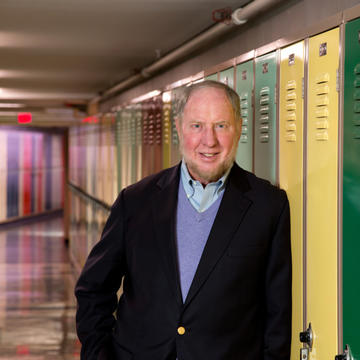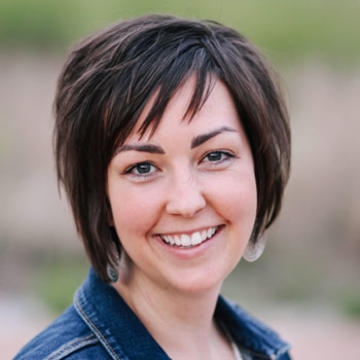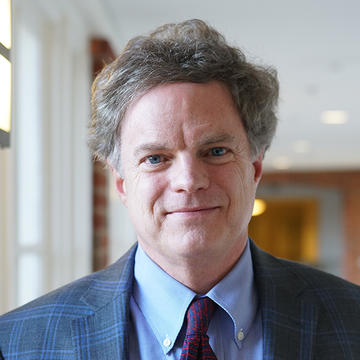Records of the Children's Bureau
'The Upswing: How America Came Together a Century Ago and How We Can Do It Again'
Robert Putnam, Shaylyn Romney Garrett, John Bridgeland (moderator)
2:00PM - 3:00PM (EDT)
Records of the Children's Bureau
Event Details
Robert Putnam and co-author Shaylyn Romney Garrett discuss their book The Upswing: How America Came Together a Century Ago and How We Can Do It Again. It's a brilliant analysis of economic, social, and political trends over the past century demonstrating how we have gone from an individualistic “I” society to a more communitarian “We” society and then back again, and how we can learn from that experience to become a stronger, more unified nation.
We’ve been here before. During the Gilded Age of the late 1800s, America was highly individualistic, starkly unequal, fiercely polarized, and deeply fragmented, just as it is today. However as the 20th century opened, America became—slowly, unevenly, but steadily—more egalitarian, more cooperative, more generous; a society on the upswing, more focused on our responsibilities to one another and less focused on our narrower self-interest. Sometime during the 1960s, however, these trends reversed, leaving us in today’s disarray.
Moderated by Miller Center senior fellow John Bridgeland.
When
2:00PM - 3:00PM (EDT)
Where
Speakers

Robert Putnam

Shaylyn Romney Garrett

John Bridgeland (moderator)